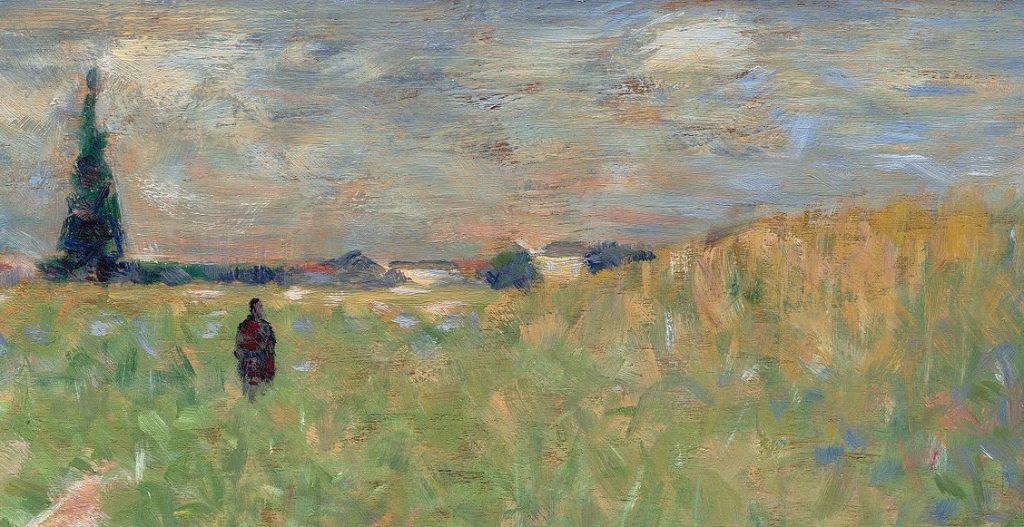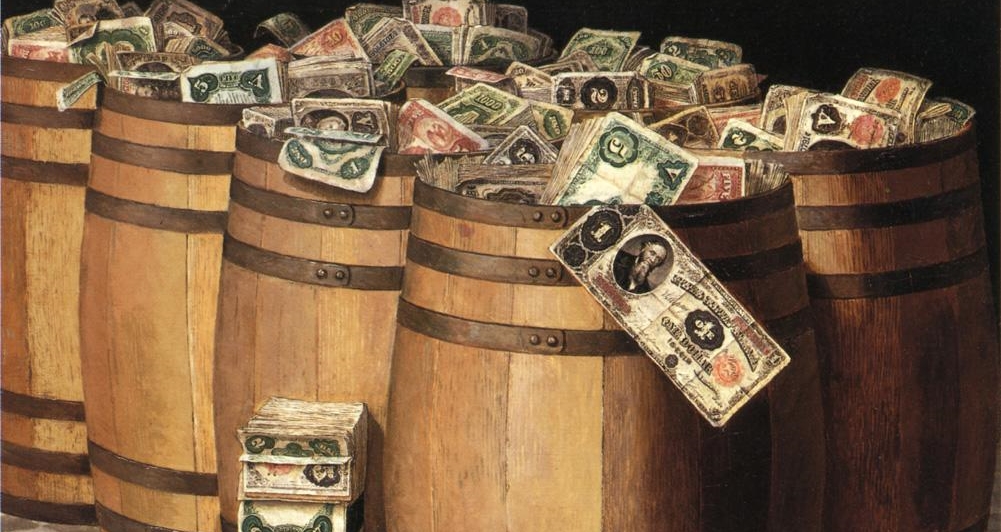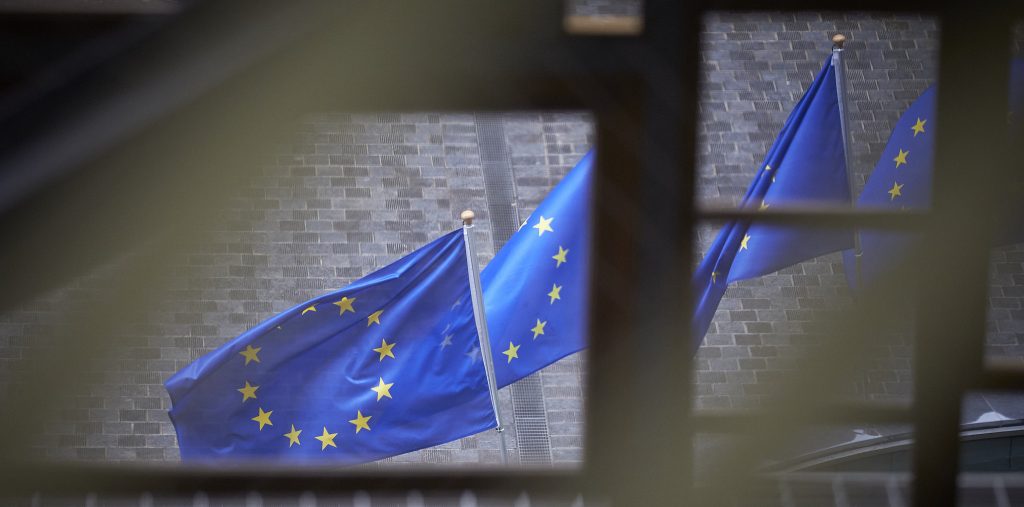
Optimism of Ukrainian Business Amid Power Outage
BY
Oksana Kuziakiv AND The Institute for Economic Research and Policy Consulting - Kyiv / July 16, 2024
Ukraine is experiencing an intense heat wave, with temperatures reaching 40 degrees Celsius. The situation is exacerbated by frequent power outages, lasting 15 to 18 hours a day, rendering air conditioners useless. These power shortages, the result of significant damage to Ukraine\'s power infrastructure caused by Russian military actions in March and April 2024, are profoundly impacting the daily lives of Ukrainians daily lives and business operations.











